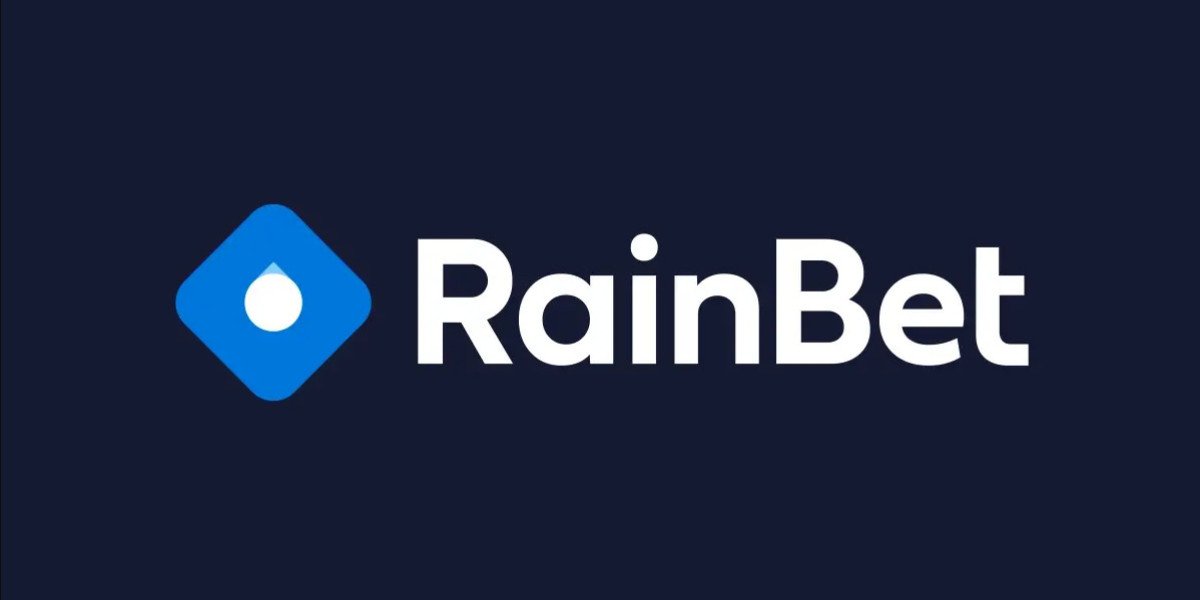A Tarot Course is a structured learning program designed to teach participants about the art and practice of tarot card reading. These courses cover everything from the foundational aspects of tarot to advanced interpretation techniques, helping students develop a thorough understanding of tarot’s symbolism, history, and applications for self-reflection, guidance, and professional readings.
What You’ll Learn in a Tarot Course
History and Origins of Tarot: Explore the origins of tarot cards and how they evolved from a game into a powerful tool for divination and personal insight.
Tarot Deck Structure: Learn about the structure of a tarot deck, which includes 78 cards divided into the Major Arcana (22 cards) and the Minor Arcana (56 cards across four suits—Cups, Pentacles, Swords, and Wands).
Card Meanings and Symbolism:
Major Arcana: Study the journey through the archetypes, from The Fool to The World, and their deep symbolic meanings.
Minor Arcana: Understand the significance of each suit, the numbered cards, and the Court Cards (Page, Knight, Queen, King).
Reversed Cards: Learn how reversed cards can indicate blocks, challenges, or alternative interpretations.
Interpretation Techniques: Develop skills for interpreting individual cards, their meanings in various contexts, and the story they tell together in a spread.
Popular Tarot Spreads: Master commonly used tarot spreads, such as the single-card draw, three-card spread (for past, present, future), Celtic Cross, and specialized spreads for relationships, career, and personal insight.
Developing Intuition: Gain insights on how to develop and trust your intuition in readings, as well as how to balance intuition with learned meanings for more profound interpretations.
Reading for Self and Others: Learn techniques for conducting personal readings and ethical guidelines for reading for friends, family, or clients.
Practical Application and Exercises: Engage in hands-on practice, interactive exercises, and guided readings to strengthen your confidence and fluency with the cards.
Professional Ethics and Client Relations: For those interested in becoming professional readers, many courses cover essential aspects of ethical practice, client boundaries, confidentiality, and professional etiquette.
Building a Tarot Practice: If applicable, some courses offer guidance on setting up a tarot reading business, including tips on creating a website, marketing your services, and managing clients.
Read Also: Love tarot card reading for singles in relationship
Who Should Take a Tarot Course?
A tarot course is suitable for:
Beginners who want to learn tarot from scratch.
Enthusiasts looking to deepen their knowledge of tarot and explore personal growth.
Aspiring professionals who wish to offer tarot readings to clients.
Spiritual practitioners who want to integrate tarot into their practices, whether in meditation, self-reflection, or spiritual coaching.
Course Formats
Online Courses: Flexible, self-paced learning that may include video lessons, downloadable materials, and live sessions.
In-Person Workshops: Hands-on practice with an instructor and group exercises, often in a workshop or classroom setting.
Private Coaching: One-on-one sessions tailored to specific goals, offering a personalized approach.
Benefits of a Tarot Course
Structured Learning: Courses provide a guided, organized approach, making it easier to understand tarot's complexity.
Hands-On Practice: Exercises, practice readings, and interactive sessions enhance confidence and skill.
Community Support: Many courses offer communities or forums where students can share experiences, ask questions, and connect with other tarot enthusiasts.
Certification: Some courses offer certification upon completion, which can be valuable for those aiming to read professionally.
A tarot course equips students with a comprehensive toolkit to explore tarot’s powerful insights, deepen self-awareness, and develop a fulfilling practice—whether for personal growth or professional guidance.
Conclusion
A Tarot Course offers an enriching journey into the symbolic and intuitive world of tarot reading. It provides participants with the tools and knowledge to confidently interpret tarot cards for personal insight, guidance, and even professional practice. By learning about tarot’s structure, card meanings, spreads, and interpretation techniques, students can gain a deeper understanding of themselves and others. Whether you’re drawn to tarot for personal development or considering it as a career path, a structured tarot course provides a supportive foundation for a fulfilling practice.
FAQs
Qus1: Do I need prior experience to take a tarot course?
Ans: No, most courses are designed for beginners and cover foundational aspects. Advanced courses are also available for those with some experience looking to deepen their skills.
Qus2: How long does it take to complete a tarot course?
Ans: The duration varies by course. Some are short (a few weeks), while others offer a more comprehensive curriculum that can span several months. Many courses are self-paced, allowing students to complete them on their schedule.
Qus3: Do I need a specific tarot deck for the course?
Ans: Many courses use the Rider-Waite deck due to its universal symbolism, but you can use any deck you feel connected to. Instructors may provide guidance on choosing a deck if you don’t already own one.
Qus4: Will I get certified upon completion?
Ans: Some courses offer certification for those who complete all modules and assignments. Certification is useful for those who want to read tarot professionally, though it is not mandatory for practicing tarot.
Qus5: Can a tarot course help me start a professional tarot business?
Ans: Yes, many courses include modules on professional ethics, client relations, and business setup, which can be helpful for aspiring professional readers.
Qus6: Is it necessary to memorize all card meanings?
Ans: While it’s beneficial to understand traditional meanings, most courses emphasize combining intuition with learned knowledge. Over time, you’ll develop your interpretive style without needing to memorize every detail.
Qus7: Are there opportunities for practice during the course?
Ans: Yes, most courses include practical exercises, guided readings, and sometimes live practice sessions or peer reviews to help students gain confidence and experience.
Qus8: Can tarot predict the future?
Ans: Tarot is typically used as a tool for guidance and self-reflection rather than strict prediction. It reflects current energies and offers insights, empowering you to make informed decisions rather than providing absolute predictions.
 AdBlock Detectado
AdBlock Detectado








